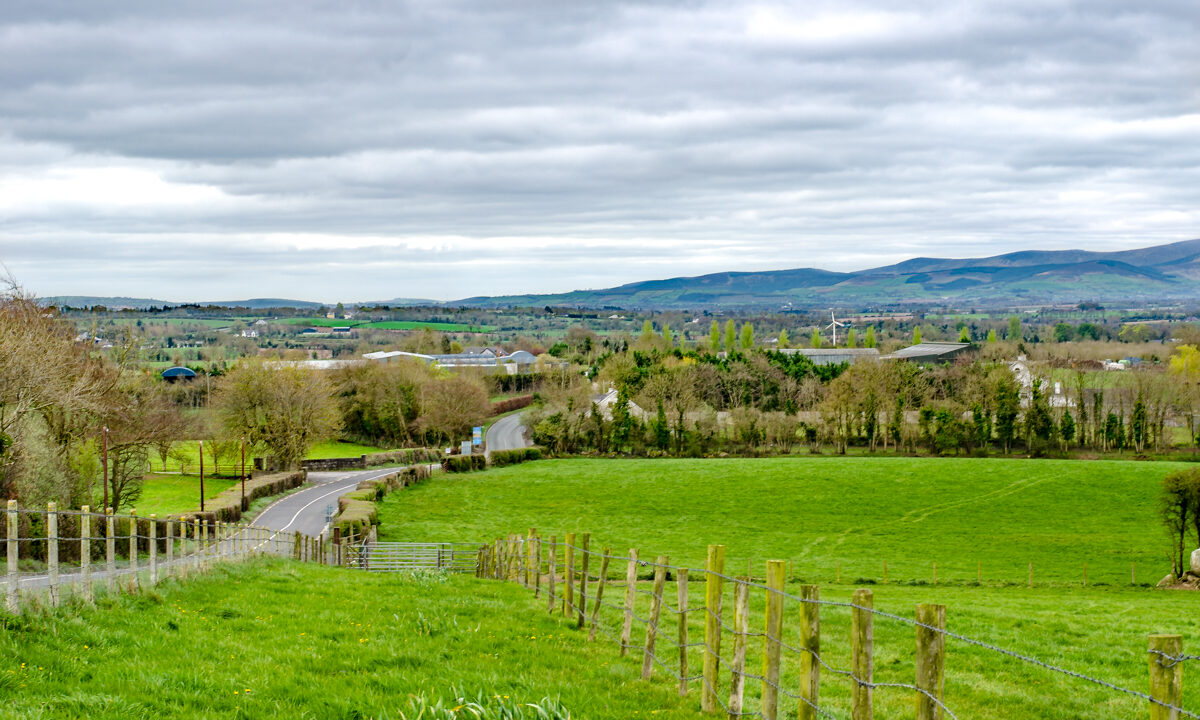The Minister for Communications, Climate Action and the Environment has been called on to “deal comprehensively” with who is going to pay for climate change measures under the upcoming Climate Action Plan.
According to the Micro Renewable Energy Federation (MREF), it is still not clear who will “pick up the tab for the massive changes that have to be imposed”, and Minister Richard Bruton must clarify this issue.
According to Pat Smith, the group’s chairman, the societal cost could be as high as €1 billion to meet Ireland’s carbon reduction targets – which are aimed at reducing emissions by one million tonnes over 30 years.
This is a colossal amount of money and the Government will have to prioritise and prime the actions needed by homes, businesses and farms with grants and tax incentives in the next budget.
The Government must “incentivise the retrofitting of homes, installing renewable technologies and helping businesses and farms adapt new practices and processes to reduce energy consumption and carbon emissions,” said Smith.
He argued that loans must be made available to incentivise farmers, homeowners and businesses to allow them to plan sustainably.
“The Government must also ensure that there are easily accessible low interest loans, at sub-3% levels, to assist homes, businesses and farms to address these issues in a planned and economically sustainable way,” he said.
“For example, is the Government going to support a viable anaerobic digestion (AD) industry in Ireland and, if so, when and by how much and for what purpose, biomethane or electricity production? A vibrant AD industry would also create alternatives for our beef and tillage sectors, which are in crisis,” he argued.
He also called on ESB networks to provide free grid access for micro generation to allow homes and businesses export a percentage of their energy generation to the national grid.
“For our young people, the investment in climate action it is going to provide thousands of new job opportunities and for homes, businesses and farms…The ‘who pays’ question needs to be addressed now,” concluded Smith.
